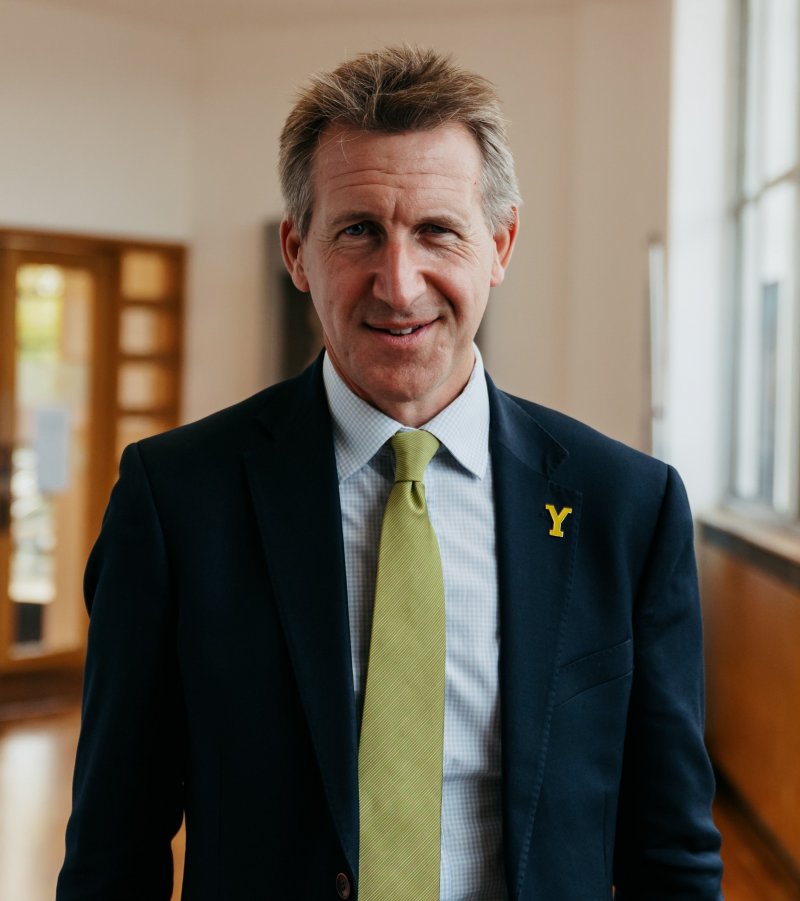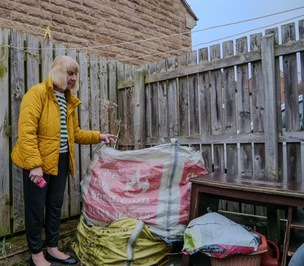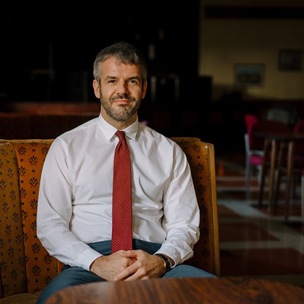CHILDCARE bosses who prevented a father from attending his son’s birth - despite not having the power to do so - agreed to pay the couple compensation following a probe into the incident.
The Local Government and Social Care Ombudsman (LGSCO) carried out an investigation having been contacted by the couple, referred to as Mr C and Ms B in a report, which was discussed by councillors on Wednesday.
The complaint - which centred on the ‘restrictions’ imposed by Barnsley Council on Mr C and Ms B around the time of their son’s birth - also prevented the couple from seeing each other a month prior to the delivery.
This, they say, caused distress and a post-birth complaint to the council was delayed, which subsequently saw the matter escalated to the LGSCO.
The Chronicle can reveal £3,000 was paid by the council in compensation to the couple.
A council report, compiled by head of safeguarding Keeley Boud, said: “The LGSCO acknowledged that as part of that complaint investigation, the council accepted that it had not followed proper procedure and had prevented Mr C from attending the birth of his child, which it did not have the power to do.
“The council also accepted that there had been unacceptable delays in processing the complaint.
‘We agreed to apologise to Mr C and Ms B, review a selection of open cases to ensure appropriate pre-birth plans were in place, share the outcomes of complaints with social care manager and make a payment to Mr C and Ms B to recognise their injustice.
“The LGSCO determined that as the council has already accepted fault in the areas Mr C and Ms B complained about, it would not be proportionate to reinvestigate their complaint and agreed the remedies offered were suitable and appropriate.”
A spokesperson from the LGSCO confirmed the council had resolved the matter and that its response - including the compensation sum and following service improvements - were appropriate.
They added: “The Ombudsman investigates complaints about ‘maladministration’ and ‘service failure’, which we call ‘fault’.
“We must also consider whether any fault has had an adverse impact on the person making the complaint, which we call ‘injustice’.
“We provide a free service, but must use public money carefully.
“Before Mr C and Ms B approached us, the council investigated their complaint under the formal Children Act 1989 complaints procedure.
“The council accepted that it had not followed proper procedure and had prevented Mr C from attending the birth of his child, which it did not have the power to do.
“We looked at our guidance on financial remedies for distress - including where the distress is considered ‘severe’ - and, having done so, we have no grounds for recommending that the council increase its financial offer.
“We also note that the council has taken what appear to be reasonable steps to improve its service.”
Coun Trevor Cave, cabinet spokesperson for children’s services, said: “As detailed in the report, an apology was made to Mr C and Ms B and steps have been taken to improve our service.
“It’s important that we learn from these investigations and improve in areas where we agree that our services have fallen below the expectations of what people should be receiving.”



























